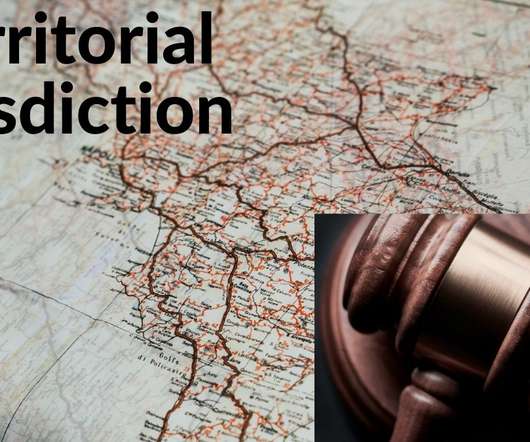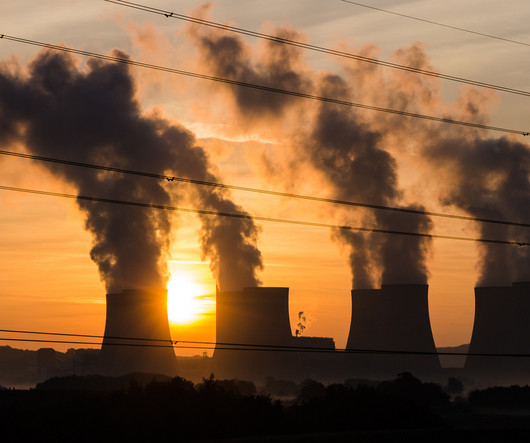Relevance of Indian Limitation Law vis-à-vis Foreign-seated International Arbitration With Indian Law As The Applicable Substantive Law
Conflict of Laws
APRIL 13, 2023
It will also look at the legality of limitation standstill agreements to defer the limitation period in the context of foreign-seated arbitration by examining prevailing legal principles together with relevant case laws and through the prism of the decision in the Extramarks case. Interestingly, the Singapore Court of Appeal in BBA v.













Let's personalize your content